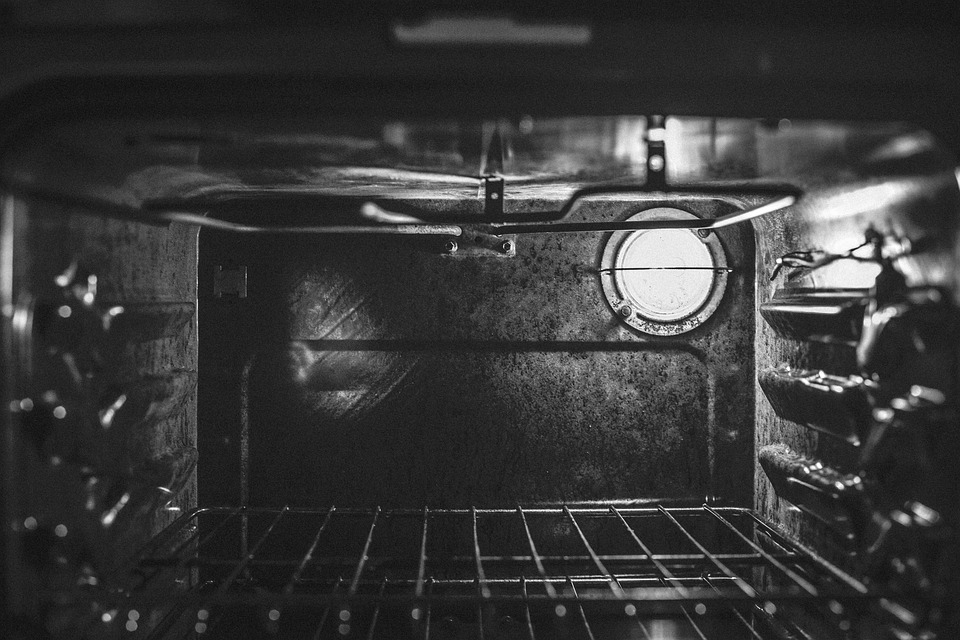Essential Interview Guide for Aspiring Sous Chefs: Tips and Strategies for Success
Embarking on a journey to become a sous chef is as exhilarating as it is challenging. The role demands not only culinary prowess but also a knack for leadership and a dash of creativity. When stepping into that interview room, it’s crucial to showcase a blend of skills, passion, and personality. Here’s a guide to navigating the culinary interview landscape with finesse.
1. Mastering the Basics
Before you even think about the interview, ensure your culinary foundation is rock solid. Employers look for candidates who possess:
- Culinary Skills: Proficiency in various cooking techniques and cuisines. Be prepared to discuss your training and experiences.
- Knowledge of Ingredients: Understanding seasonal produce and how to utilise them can set you apart. Familiarise yourself with suppliers and local markets.
- Health and Safety Regulations: A sound grasp of food hygiene standards is non-negotiable. Demonstrating awareness of these practices can win you points.
2. Showcasing Your Experience
Your CV is your culinary story, but the interview is where you bring it to life. Highlight experiences that reflect your readiness for a sous chef position:
- Leadership Roles: Discuss any previous positions where you led a team. How did you motivate your colleagues during a busy service?
- Problem-Solving: Share anecdotes of challenges faced in the kitchen and how you overcame them. A memorable tale can resonate well with interviewers.
- Creativity in Menu Development: If you’ve contributed to menu planning or special events, elaborate on your thought process and the inspiration behind your dishes.
3. The Art of Communication
In the fast-paced environment of a kitchen, communication is vital. Displaying strong interpersonal skills can make a world of difference:
- Clarity and Confidence: When responding to questions, articulate your thoughts clearly. Avoid jargon unless certain it will resonate with your audience.
- Listening Skills: Demonstrating that you can listen and adapt is key. Engaging with the interviewer shows your ability to collaborate effectively in a team.
- Passion for Food: Let your enthusiasm shine through. Discuss your favourite dishes and what excites you about the culinary world.
4. Preparing for Common Questions
Anticipating the questions you might face can ease the pressure. Consider these:
- “What is your cooking style?” – This is your chance to reflect on personal influences and how they shape your culinary identity.
- “How do you handle stress?” – Kitchens can be high-pressure. Explain your coping mechanisms and how you maintain composure.
- “Describe a time you dealt with a difficult situation in the kitchen.” – Use the STAR method (Situation, Task, Action, Result) to structure your response effectively.
5. Questions to Ask
At the end of the interview, don’t overlook the opportunity to ask your own questions. This not only shows your interest but also helps you gauge if the establishment is the right fit:
- Inquire about the team culture and kitchen dynamics. Understanding the environment can provide insights into your potential role.
- Ask about opportunities for creativity and menu changes. A forward-thinking kitchen will value your input.
- Explore the potential for career development within the establishment. A trajectory for growth is often appealing to ambitious chefs.
Embracing the Culinary Journey
As you prepare for your sous chef interview, remember that it’s an opportunity to express not just your skills, but your passion for the culinary arts. By showcasing a blend of technical ability, leadership experience, and genuine enthusiasm, you’ll position yourself as a strong candidate. Keep in mind that the interview is as much about finding the right fit for you as it is for them.
CVPortal continues to provide a wealth of quality CV references, ensuring you’re well-equipped to showcase your culinary talents effectively. Embrace the journey ahead, and may your next culinary adventure be your best yet!


